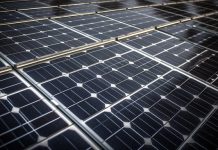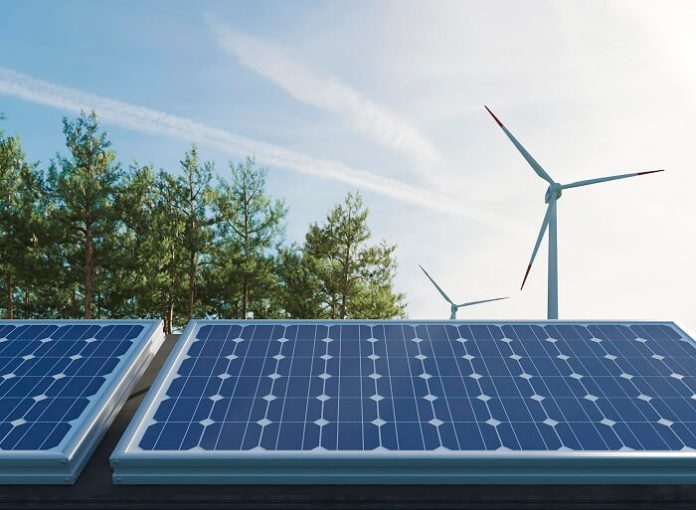Gujarat has emerged as a leader in renewable energy, spearheading efforts toward a greener and more sustainable future. With a strong emphasis on solar power, the state plays a vital role in helping India reach its ambitious goal of achieving 500 GW of renewable energy capacity by 2030.
As reported by business-standard.com, Gujarat’s extensive solar initiatives are setting a benchmark for the rest of the country. From solar panels on government buildings and homes to large-scale solar parks, the state is capitalizing on its geographical advantages to maximize solar power generation.
Jai Prakash Shivahare, Managing Director of Gujarat UrjaVikas Nigam Ltd. stated, “Gujarat currently has an installed renewable energy capacity exceeding 28 gigawatts, with about 14.5 gigawatts coming from solar power. We lead the nation in residential solar rooftop installations, with over 50% of the country’s contribution coming from Gujarat. Our DISCOMs provide strong support for promoting residential solar rooftops, and the state holds tremendous potential”.
He further added, “Under the Renewable Energy Policy 2023, Gujarat aims to install 100 GW of renewable energy by 2030, making a significant contribution to the Prime Minister’s vision of achieving 500 GW by that year.”
A testament to Gujarat’s success in this field is the Charanka Solar Park in the Patan district, which spans over 5,000 acres and represents a landmark achievement in India’s renewable energy sector.
With a capacity exceeding 600 MW, Charanka Solar Park, once a barren area, has played a crucial role in establishing Gujarat as a leader in solar energy production. The park has set a benchmark for public-private partnerships in the renewable energy sector and has generated numerous employment opportunities.
Gujarat is also expanding its focus beyond solar energy, looking at hybrid renewable energy projects that combine wind and solar power to improve efficiency and reliability.
The state’s Integrated Renewable Energy Policy of 2023 offers a stable and predictable framework for investors, with incentives such as land allotment policies, on-demand connectivity, and off-taker guarantees to support renewable energy projects.
































